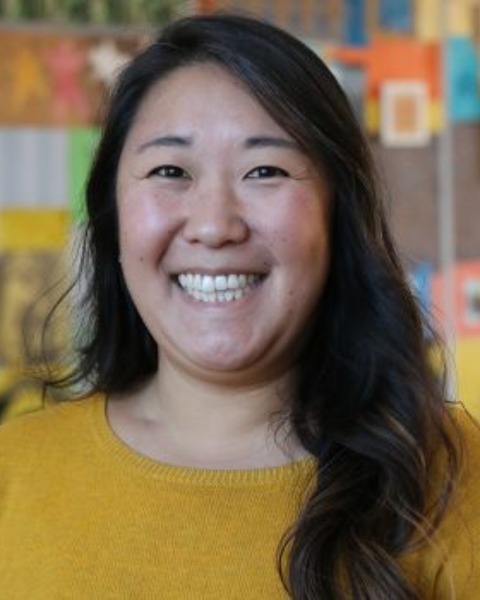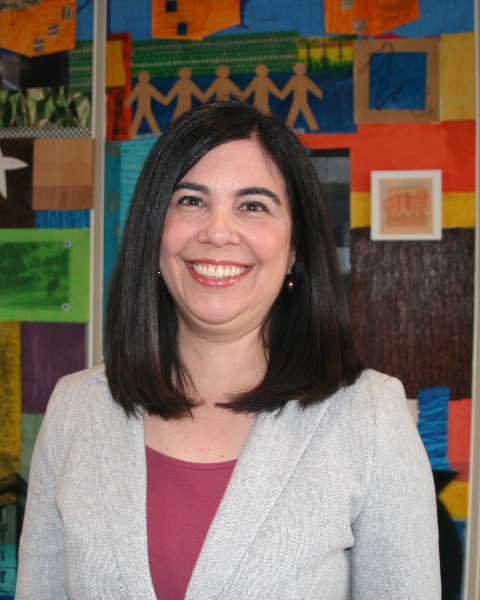Indigenous Peoples in Evaluation
Using a story focused approach in understanding what experiences are important and meaningful to Indigenous families in Minnesota
-

Jessica Tokunaga, MPH (she/her/hers)
Research Associate
Wilder Research, United States -

Jennifer Valorose, MPP (she/her/hers)
Research Manager
Wilder Research , Minnesota, United States -
LA
Presenter(s)
Location: Grand Ballroom 7
Abstract Information: Storytelling is at the heart of Indigenous ways of knowing, and it is a key method used for the Indigenous evaluation of the Minnesota’s Preschool Development Grant (PDG). A team of Indigenous and non-Indigenous evaluators from Wilder Research and Bowman Performance Consulting conducted the PDG Indigenous evaluation, in partnership with four tribes and six nonprofit organizations serving Indigenous communities across Minnesota. With feedback from the Indigenous stakeholders, we co-designed an online storybanking portal for Indigenous caregivers to share asset-based experiences. Storybanking is a way to collect people's experiences and perspectives (stories) and then keeping the stories in a safe place (banking). Session participants will gain an understanding of the storybanking method, from design to data collection to reporting, all in the context of Indigenous and participatory evaluation.
Relevance Statement: Storytelling is at the heart of Indigenous ways of knowing. Stories also provide context and meaning in a way other types of data cannot. Oftentimes though, stories from Indigenous communities highlight the hardships or “deficits” they face. The storybanking method we developed, instead, asks caregivers to describe positive experience they had with their children, ways in which their community has supported them, and times when families engaged with Indigenous traditions together. Wilder Research and Bowman Performance Consulting were contracted by the Minnesota Department of Education (MDE) to conduct an Indigenous evaluation for the Preschool Development Grant that honors the unique cultural identities of Minnesota’s American Indian communities. Our evaluation team is made up of highly skilled evaluators, some of whom are Indigenous, and all of whom have experience and comfort working with Indigenous peoples in Minnesota. To answer questions about how Indigenous children and families are living in thriving communities, Indigenous families with young children and those who are expecting children were invited to share stories and experiences using an online storybanking portal. Storybanking is a way to collect people’s experiences and perspectives (“their stories”) and then keep the stories in a safe place (“banking”). The person sharing the story chooses who is able to see their story. What makes this approach unique is the having the storyteller give a title to their story and assign a “theme” to their story from a list of pre-defined themes. In this way, participating storytellers help to do a preliminary qualitative coding and interpretation of what their story means. Indigenous grantees of the PDG were major stakeholders in both co-designing the method and facilitating data collection (Indigenous TIG goal 1). Of note, through a partnership with Baby’s Space, an organization that provides year-round child and family services to American Indian families from pregnancy to third grade located in the Little Earth Neighborhood Early Learning Center (NELC), we gathered stories and developed a way to report what we learn from the stories. This session will create space for Indigenous evaluators and those working Indigenous context to discuss this method and it’s alignment with Indigenous values (Indigenous TIG goal 2 ). Session attendees will leave with: • An understanding of the storybanking approach and its relevance to Indigenous evaluation • Ways to incorporate asset-focused storytelling questions or prompts in evaluation • An approach to analysis to make meaning of stories using participant led coding/theme assignments • Inspiration to use a story focused approach in future work with community partners The session content will address AEA’s Evaluator Competencies in the Methodology Domain, especially items 2.1-2.5, 2.8, and 2.10-2.14. The Evaluator Competencies in the Context Domain will also be addressed, as this method is highly participatory. We will also honor Evaluator Competency 1.1 from the Professional Practice Domain to act ethically and demonstrate integrity and respect Indigenous peoples. Finally, this session is directly related to AEA’s Guiding Principal D Respect for People, in that it honors the dignity and cultural of Indigenous communities.


